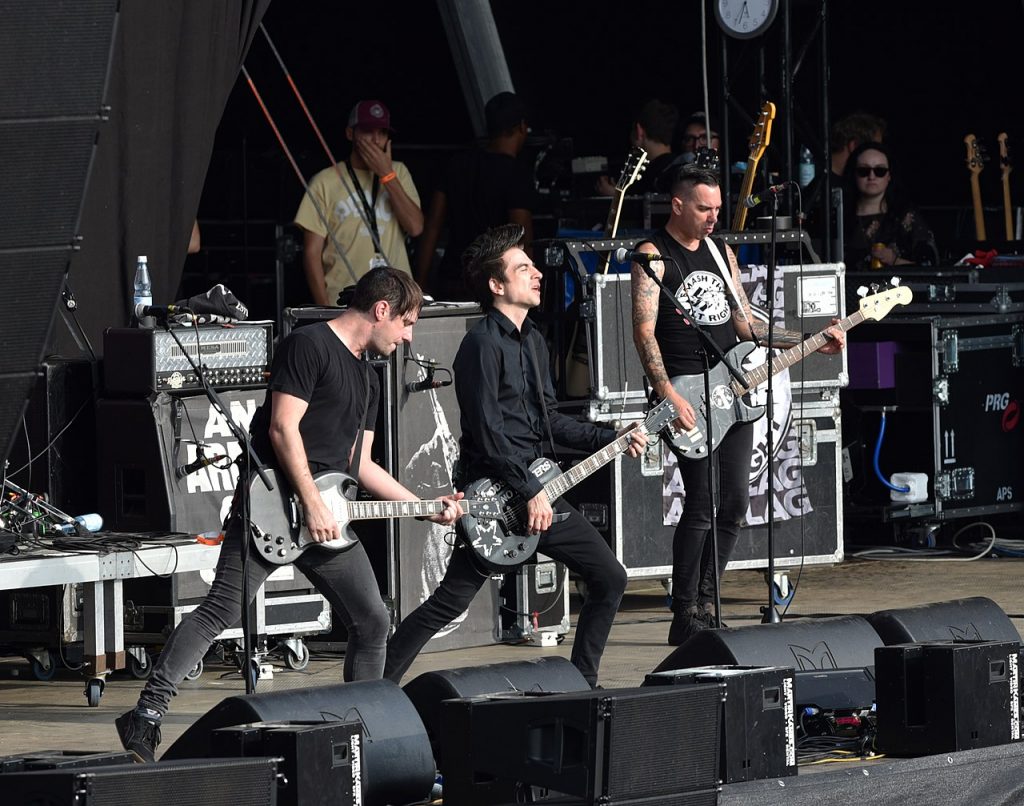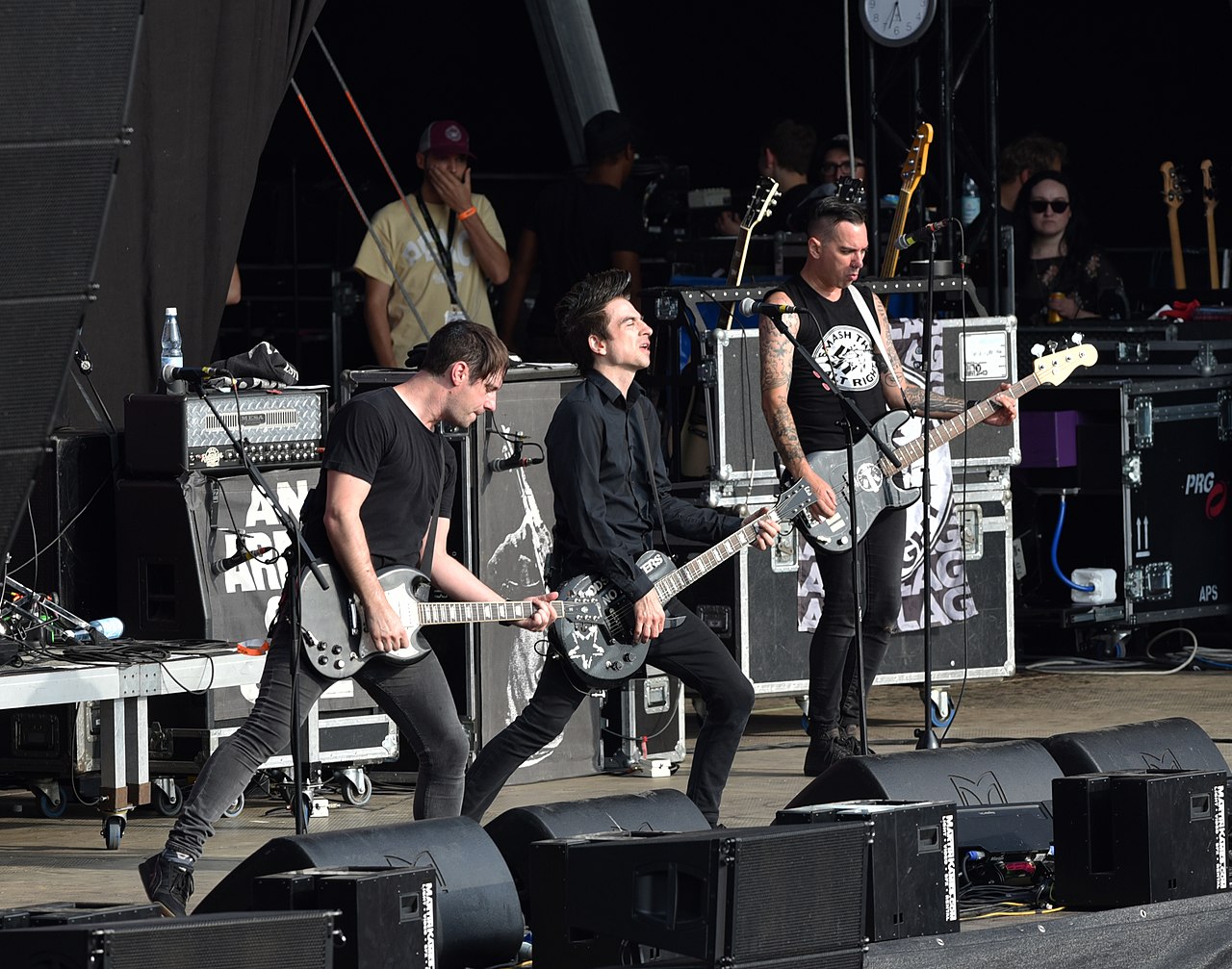Gallery with alias: PUBLIC_HISTORY_BLOG_POSTS not found

Trafficking in “the past” has long been the obvious realm of historians, and it is where the public most expects history to be. To understand our past we turn to old artifacts and people, past events and happenings, and bygone ideas and antique ways of being.
Walk into most historical museums and the smell the must and dust. Tread lightly, for everything that once was shiny and new is now faded and brittle.
Forward thinking public historians recognize that history exists on a dynamic continuum. With 3-dimensional vision, public historians—those whose mission it is to document, interpret, and share history—focus on past, present, and future simultaneously.
To give an example, public historians understand that history is always a progressive a state of being; it is in the making, now. What happens today is going to be the stuff we’ll be curating tomorrow. In that sense, it is useful to historians to have a keen understanding of contemporaneous life—if for no other reason but to serve as practical filter (i.e., to determine what’s important or not).
In this sense, public historians are like historical talent scouts. And this leads us to the innovative work going on at the Carnegie Library of Pittsburgh. The library is starting a digital media project called Stacks aimed at giving local musicians a chance to be heard on a library-curated streaming media service similar to Spotify. It is something that “connects the community to Pittsburgh artists,” says the library.
“We have an opportunity to help document some of the work that’s being created.”
But there is another goal of the program that catches our attention, and we find it to be most interesting for public history. Toby Greenwalt, the library’s Director of Digital Strategy and Technology Integration, recently said that the music streaming service will also preserve Pittsburgh music history.
“We were thinking of it as a community entity,” Mr. Greewalt said. “We have an opportunity to help document some of the work that’s being created and hopefully bridge some of the gaps and show how many styles and creators are being represented here in the city.”
In this regard, the Carnegie Library of Pittsburgh will be doing music history today, for tomorrow. They will be laying down the tracks—literally—for the city’s historical record. Years from now, as future generations seek to understand their music heritage, they will be able to thank the librarians who also served as public historians.
This post is inspired by The Carnegie Library Of Pittsburgh Launches Stacks, An All-Local Music Streaming Service (by Margaret Welsh of The Pittsburgh Current) and CLP press release: Carnegie Library of Pittsburgh launches new digital music streaming platform.
PUBLIC HISTORY MATTERS
At The Social Voice Project, we celebrate history and people through our community oral history projects that give us a chance to look, listen, and record the voices and stories of our time. We encourage all local historical societies and museums to capture, preserve, and share their communities’ lived experiences, memories, customs, and values. Future generations are depending on it.
Contact TSVP to learn more about our commitment to public history and community oral history projects.
MORE ESSAYS & THOUGHTS ON PUBLIC HISTORY

You must be logged in to post a comment.